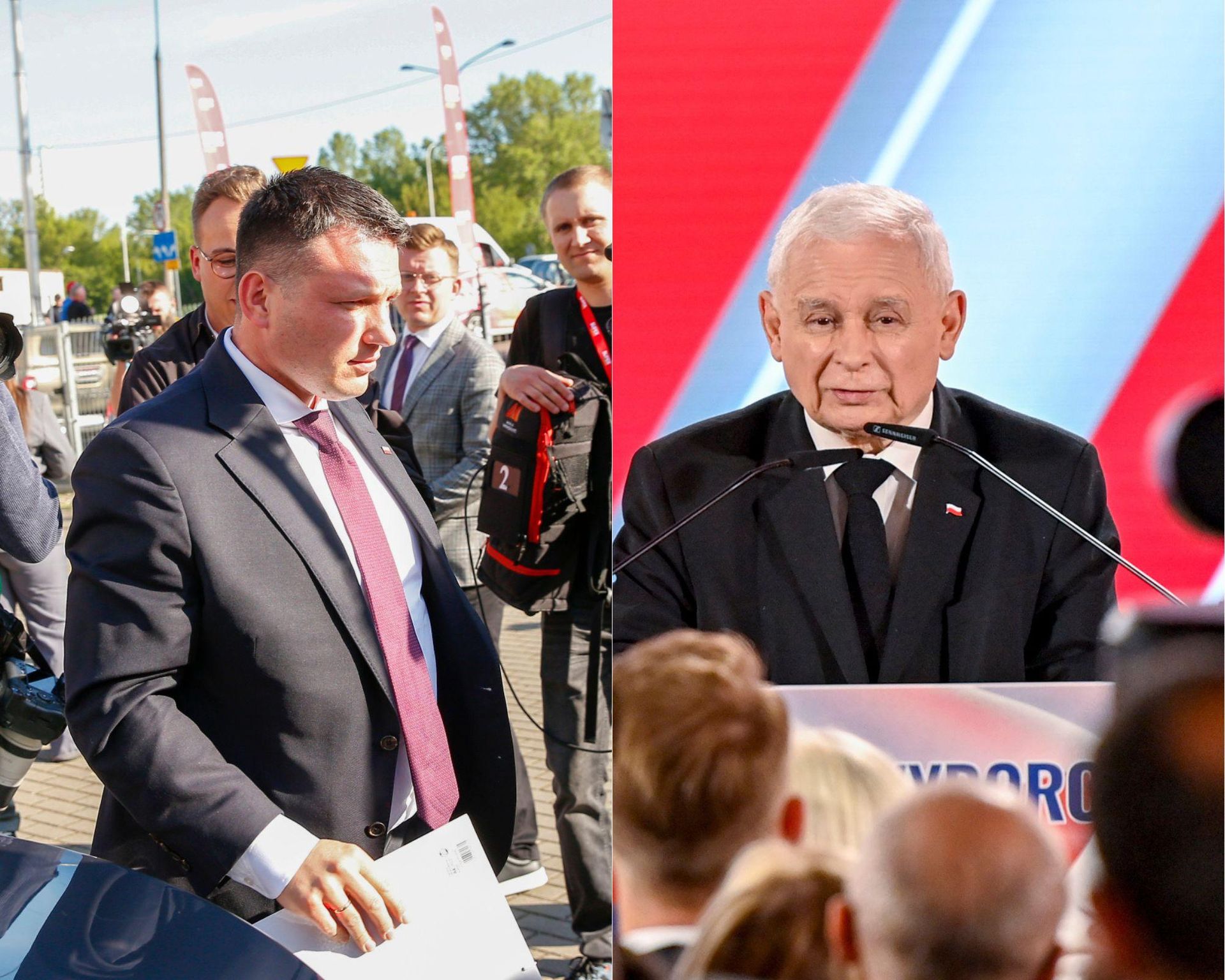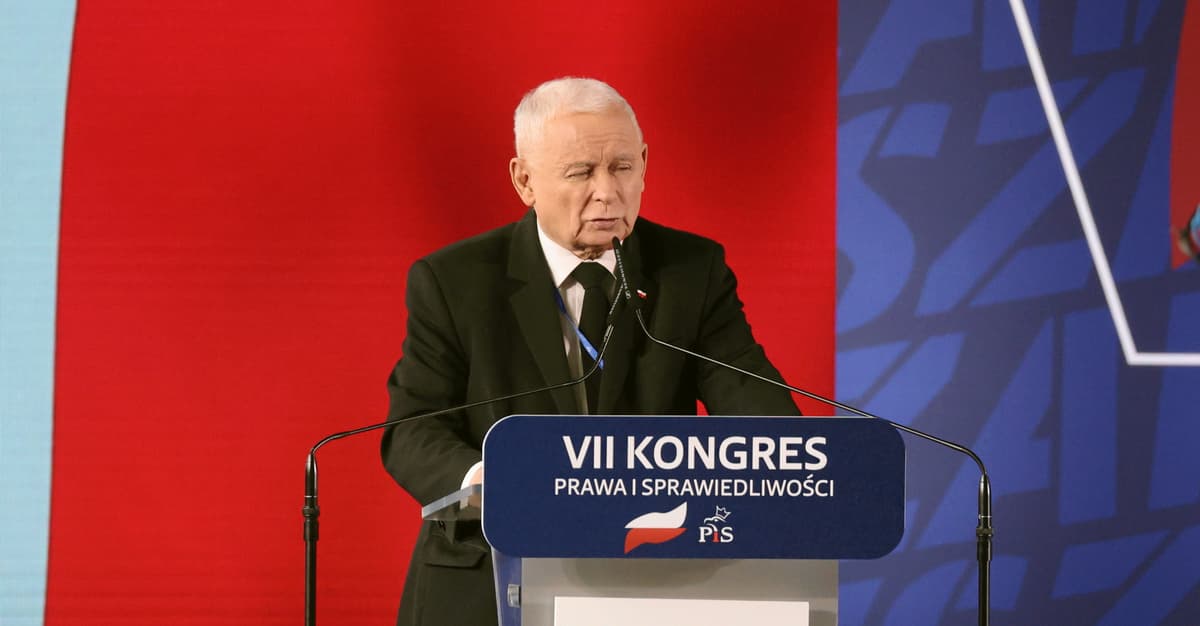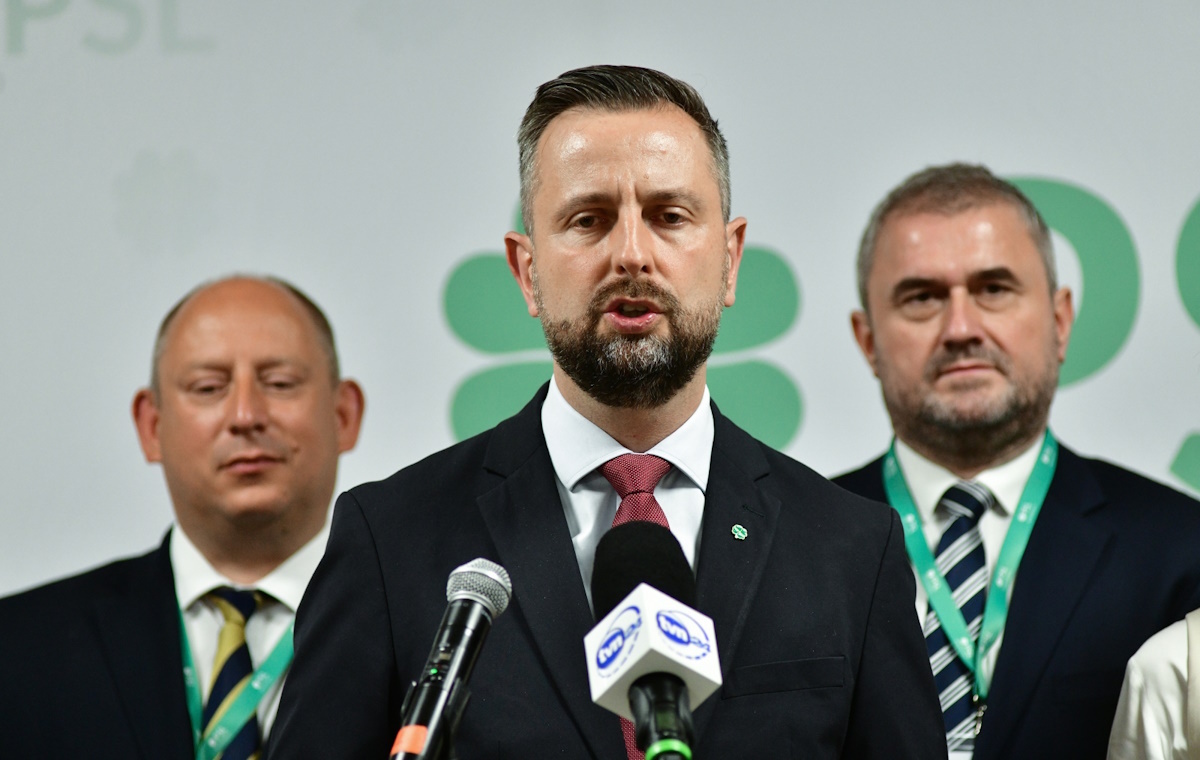On Friday, Lithuania, Latvia and Estonia informed the UN Secretary-General of their intention to terminate the Ottawa Convention, an global agreement of 1997 prohibiting the use, production, retention and transfer of anti-personnel mines.
After a six-month period of notice, these countries will formally lose the position of parties to the contract in which more than 160 countries of the planet participated. The decision, coordinated between the Baltic States, was taken consciously and united – as emphasised by Lithuanian abroad Minister Kęstutis Budrys, informing that the geopolitical situation, especially Russia's aggression towards Ukraine and the increasing hybrid threats, is forcing specified a extremist step. Estonia's Minister Margus Tsahkna stressed in his communication that the Convention imposes unilateral restrictions on countries that are parties to the treaty, while Russia, while not being signatories to it, strengthens its military advantage by utilizing mines in Ukraine. The Latvian MFA indicated that the decision was the consequence of extended consultations and that the UN notification was made jointly with Estonia and Lithuania.
Why the scale of the decision? The beginnings date back to March, erstwhile the defence ministers of Poland, Lithuania, Latvia and Estonia announced a joint advice to denounce the Treaty, justifying the drastic deterioration of the safety situation on the east flank of NATO and the request for full defence flexibility against possible aggression by Russia. In the following months, individual parliaments made decisions in their countries: Latvia was the first to vote on the withdrawal on 16 April 2025 , then on 8 May the Lithuanian Seimas approved the denunciation , and Estonia formally voted on this step on 4 June , which was concluded with a message from the UN on 27 June . In Poland, on 26 June, the Sejm voted by an overwhelming majority of 413 votes “in favour” to formally start the withdrawal process. Only Norway of the countries bordering Russia in the region remains organization to the Treaty. Finland besides joined a group of countries planning to retreat from the Convention, as confirmed already in June.
The Ottawa Convention, besides known as the Treaty on the Prohibition of the Use, Storage, Production and Transfer of Anti-personnel Mines and on Their Destruction, was adopted on 18 September 1997 in Ottawa and entered into force on 1 March 1999. Its main nonsubjective is to completely destruct anti-personnel mines as a weapon considered inhuman and peculiarly dangerous to the civilian population – besides long after the end of armed conflicts. The Treaty prohibits the use, production, retention and transfer of specified mines and obliges the parties to destroy, mine, support victims and education in terms of the risks of mines. To date, more than 160 countries have ratified the Convention. The signatory is not Russia, China or the United States. The Treaty is considered 1 of the top achievements of modern humanitarian diplomacy. Nevertheless, his opponents point out that he can limit the defence capabilities of countries threatened by conventional invasion.
The decision to terminate the Ottawa Convention triggered a wide resonance – and divisions. The governments of the Baltic and Polish countries point to realistic defence needs: in the current geopolitical situation anti-personnel mines are, in their opinion, an effective tool to deter aggression. At the same time, they guarantee that they stay obliged to comply with global humanitarian law, including civilian protection and support for miner activities. On the another hand, humanitarian organisations – including the global Committee of the Red Cross and Handicap global – expressed their deep concern, informing that these decisions endanger decades of demining efforts, putting civilians at hazard for the return of deadly traps and the hazard of erosion of global humanitarian law.
At the same time, any academic and opinion-making communities consider that this action constitutes a “logical, regional signal” showing distrust towards Russia and the desire to jointly, coordinated strengthening of the defence of NATO states in the east. Critics, on the another hand, inform that even the political denunciation of the convention can lead to the reactivation of mine production (as indicated by Poland), and as a result, the spiral growth of militarisation in the region.
















